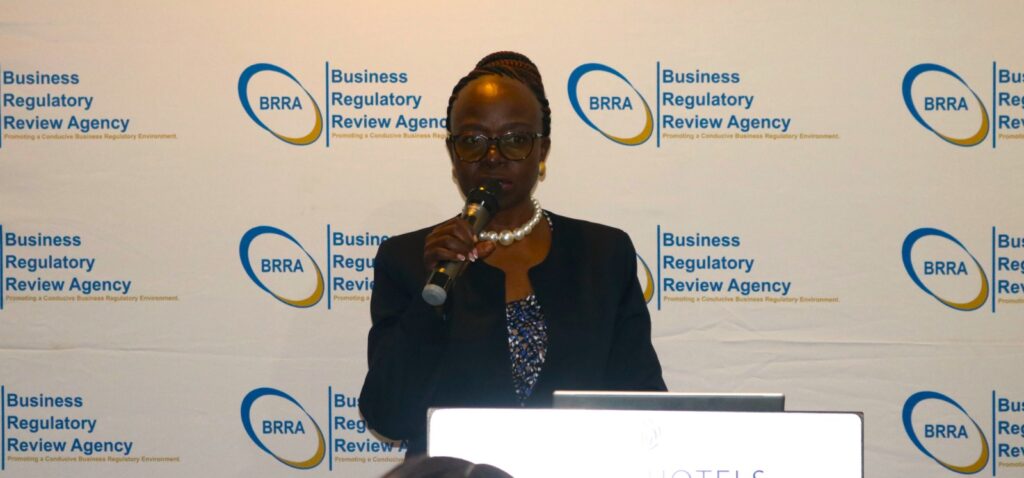Business Regulatory Review Agency (BRRA) says it has commenced formal engagements with the Ministry of Tourism and Zambia Tourism Agency (ZTA) on the need to adopt a single licensing system in the accommodation sub-sector.
The Agency intends to emulate Mauritius who have introduced omnibus licensing to simplify licensing for multi-activities under one license.
Meanwhile, BRRA described its recent bench-marking mission to Mauritius as a strategic learning opportunity that underscored the power of regulatory reform in unlocking investment, driving entrepreneurship, and accelerating national development.
Agency Executive Director, Sharon Sichilongo, noted that Mauritius has emerged as a leading example on the African Continent, and their success story is one BRRA aspires to emulate.
Mrs. Sichilongo was speaking during the dissemination meeting on findings from the Agency’s bench-marking mission to Mauritius undertaken in February 2025.
“The purpose of this dissemination workshop is to present the key reforms and best practices learnt during our visit with a view of inspiring public bodies and regulatory agencies in Zambia to adopt reforms best practices. “
“We want to engage with you our stakeholders from both the public and private sectors. your perspectives and contributions are vital as we work together to foster a reform agenda that is responsive to the needs of the private sector to spur investment and entrepreneurship,” Mrs. Sichilongo stated.
She said Mauritius has shown that with strong leadership, innovation, and collaboration, regulatory reform can be impactful and sustainable.
Mrs. Sichilongo added that the BRRA delegation observed several impactful reforms that have positioned Mauritius as a top investment destination in Africa, including the Business Facilitation Act, which harmonized procedures across various laws, reducing red tape for businesses.
“Some of the key reforms we learned about include the enactment of the Business Facilitation Act, which streamlined procedures across multiple laws, the implementation of Business Process Re-engineering (BPR) to eliminate inefficiencies and reduce the cost of doing business, and the launch of the National Electronic Licensing System (NELS), a centralized digital platform that automates licensing processes.”
“Further, the development of the Info-Highway System, which enables real-time data sharing among government agencies through secure APIS ensures only data moves and not people; the establishment of a single window system for trade facilitation, streamlining import and export procedures; and the promotion of risk-based regulation, allowing low-risk businesses to commence operations with inspections and licensing being conducted ex post resonated very well with us,” she added.
She observed that these reforms, underpinned by strong leadership and digital transformation, have resulted in improved service delivery, greater regulatory efficiency, and increased investor confidence in Mauritius.



